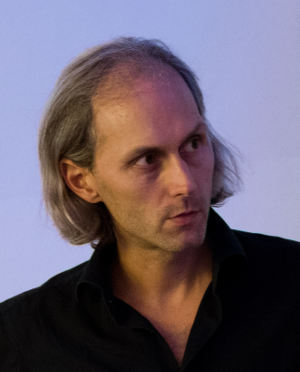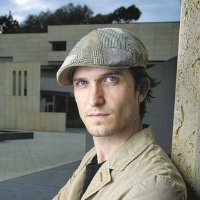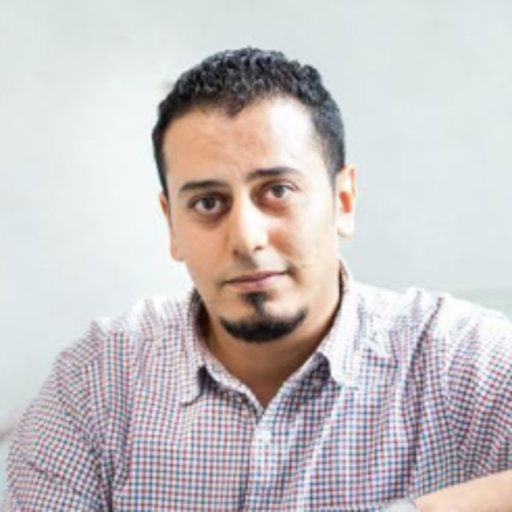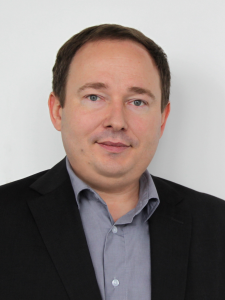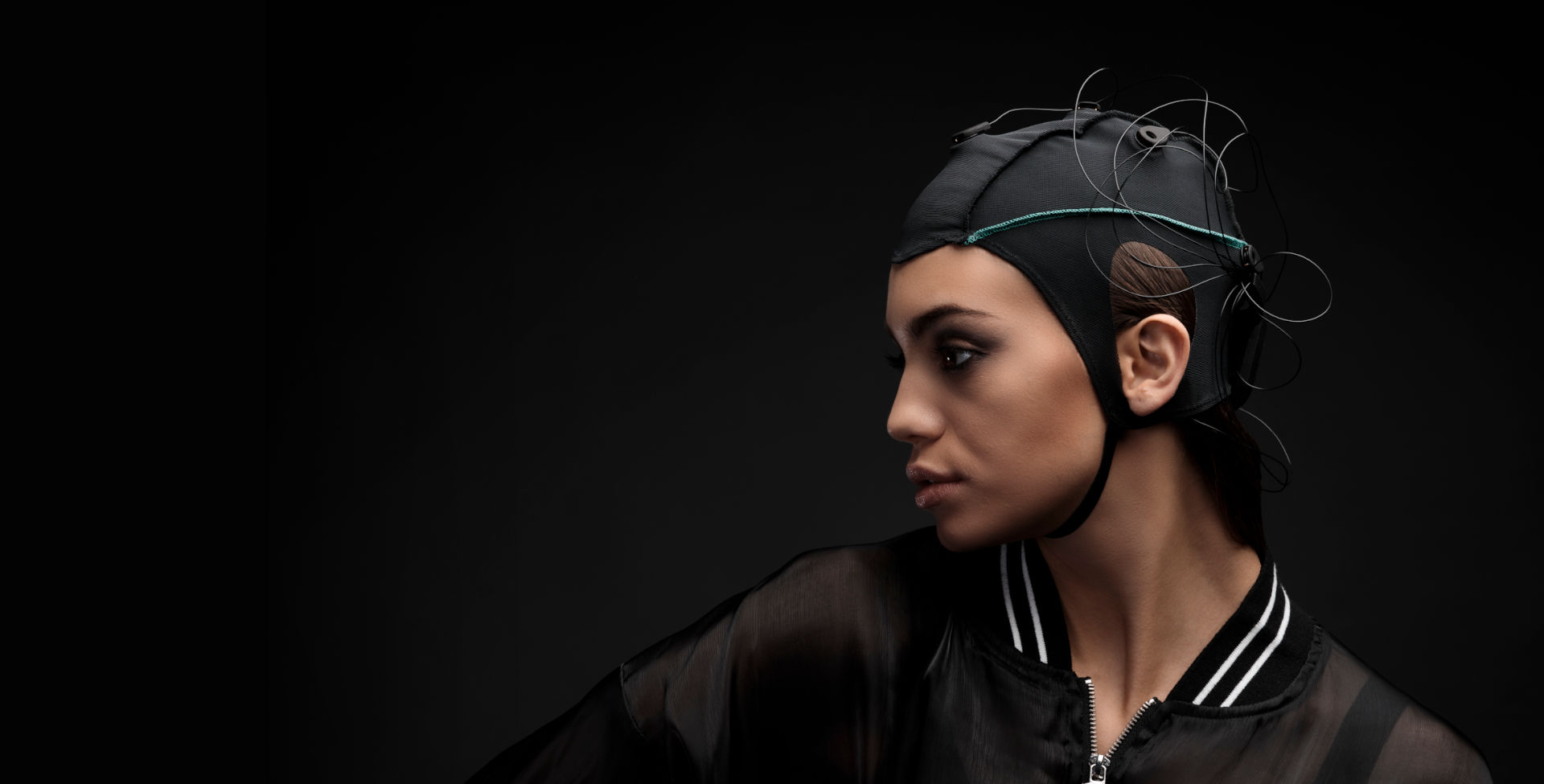
BR41N.IO DESIGNERS'
HACKA
BMI WORKSHOP AT
IEEE SMC 2022
October 9-11, 2022
Thank you for being part of this event! We had 321 attendees in the BMI
workshop and 167 participants in BR41N.IO BCI Hackathon in 38 teams!
Everyone loves neurotechnology!
BR41N.IO WINNER
ROCK(ING) paper scissors - An ECoG Hand Pose Data Analysis Project
Team members: Jack Yu Tung Lo, Igor Carrara, Andrea Fasciglione, Thiego Carvalho, Navyada Koshatwar
Project Description: Improving the classification accuracy results of a three-class ECoG dataset
IEEE SMC WINNER
BrainiHEART - A Programming Project
Team members: Anita Vrins, Caterina Ceccato, Jos Prinsen, Ethel Pruss
Project Description: Controlling a robot in Tillburg (the Netherlands) by a person in Prague (Czech Republic) using the Unicorn Hybrid Black and P300 speller
IEEE BR41N.IO WINNER
Re-emote - A Programming Project
Team members: Spatika Gujran, Katarzyna Klęczek, Giulio Tosato, Paula Šego
Project Description: Sending the EEG signals recorded with Unicorn Hybrid Black to a robot (NAO) in order to help the user communicate emotions through EEG signals
HOSTING INSTITUTIONS
Universities who are proud owners of the Unicorn Education Kit automatically qualify as hosting institution. Official hosting institutions are fully embedded in the BR41N.IO Designers' Hackathons. Boost your institution’s visibility and awareness and benefit from a big audience.
Hosting institutions provide on-site access to EEG devices and brain-computer interface technology that you would need for programming projects. Just let us know at which hosting institition you would like to participate during the BR41N.IO Hackathon.
TILBURG UNIVERSITY
Department of Cognitive Science & AI
Prof. Maryam Alimardani
Tilburg, Netherlands
AALBORG UNIVERSITY
MeCIS Media Cognition & Interactive Systems
Prof. Luis Emilio Bruni & Hossein Dini
København , Denmark
G.TEC
AUSTRIA
g.tec medical engineering GmbH
Dr. Christoph Guger
Schiedlberg, Austria
UAE UNIVERSITY
ABU DHABI
United Arab Emirates University
Prof. Abdelkader N. Belkacem
Abu Dhabi, United Arab Emirates
MLJC
ITALY
Machine Learning Journal Club
Arianna Di Bernardo, Enrico Sansone
Turin, Italy
WEST UNIVERSITY FROM TIMISOARA
Fine art and Design Faculty
Prof. Camil Mihaescu, Ph
Timisoara, Romania
TEC DE MONTERREY
Campus Guadalajara
Javier Mauricio Antelis Ortiz, PhD.
Jalisco, Mexico
ROCHESTER INSTITUTE OF TECHNOLOGY
NSF AWARE-AI NRT Program and Electrical & Microelectronics Engineering Dept.
Prof. Ferat Sahin
Rochester New York, USA
UNION COLLEGE
Union Neurotech
Leonardo Ferrisi
New York, USA
JURY
BMI SESSIONS & HACKATHON SCHEDULE
Time Zone: GMT Vienna,
Room: Zodiac, Clarion Congress Hotel Prague, Czech Republic, Room Zodiac
Sunday, October 9
| 10:00 | Welcome |
| 10:15 |
Current and Future Applications of |
| 11:00 |
How to run a Real-Time BCI Application |
| 11:30 |
Unicorn Brain Interface Demonstration |
| 12:00 |
Data Analysis Projects |
| 12:30 |
Group formation and START BR41N.IO |
| 13:00 | BR41N.IO HACKING |
| 15:00 | fNIRS and EEG for brain-computer interfacing Yalda Shahriari, University of Rhode Island, USA |
| 15:30 | Beyond a single brain: cognitive and emotional state assessment through physiological synchrony in groups. Jan van Erp, TNO, The Netherlands |
| 24:00 | End of hacking at conference location |
| All night hacking at home |
Monday, October 10
| 6:00 | START BR41N.IO |
| 10:00 |
Wearables meet Virtual Reality |
| 10:30 | From multisensory reactive BCI for control to passive mode for dementia neuro-biomarker elucidation Tomek Rutkowski, RIKEN AIP, Tokyo, Japan |
| 13:00 |
END of hacking |
| 13:00 |
PANEL: Neurotechnology, AI, computer vision and the future of telepresence |
| 14:00 | BR41N.IO project presentations |
| 17:30 |
BR41N.IO winners ceremony |
| 18:30 | BMI cocktail reception in foyer |
Tuesday, October 11
| 13:00 |
BMIs for human enhancement: what has been done and what is coming? |
| 14:00 |
BCI Award 2022 Ceremony: Presentations & winner announcements |
| 16:00 | BCI Award 2022 Winners Announcement |
BCI PRINCIPLES
Brain-computer interfaces are realized by 4 different principles:
slow waves
steady-state visual evoked potentials (SSVEP)
motor imagery (MI)
evoked potentials (EP)
In the BR41N.IO Hackathon Series, motor imagery and EP based systems
are mostly used to control the applications:
In the case of the motor imagery application, participants have to imagine e.g. left or right hand movement to produce an event-related desynchronization over the sensorimotor cortex. This is basically an amplitude change of the alpha and beta regions of the EEG.
In the case of EPs, the BCI system is showing different flashing icons and the user has to attend to the icon he wants to select. When the icon flashes on the computer screen, than a P300 wave is produced in the brain and the BCI system is able to detect it.
PROGRAMMING PROJECTS*
*These projects require a Unicorn Hybrid Black, a Unicorn Naked BCI (available at hosting institutions) or use your own BCI system.
Unicorn Speller: Smart Home
The Unicorn Brain Interface comes with the Unicorn Speller application that is using P300 paradigm to control electronic devices such as lamps, radios or television. Watch the video Unicorn Speller Smart Home.
soft-/hardware: Unicorn Hybrid Black, Unicorn Speller, domestic electronic devices
participants: 2 groups, 3-5 people per group
skills: basic programming skills (Matlab, Simulink)
Unity Rehab
Create a Unity based game that can be used for rehabilitation purposes.
soft-/hardware: Unicorn Hybrid Black, Unicorn Naked BCI, Unity
participants: 4 groups, 3-5 people per group
Skills: Basic programming skills (Matlab, Simulink), Basic graphics programming with Unity
Unity Games
Create your own Unity game that can be controlled with a brain-computer interface.
soft-/hardware: Unicorn Hybrid Black, Unicorn Naked BCI, Unity
participants: 4 groups, 3-5 people per group
Skills: Basic programming skills (Matlab, Simulink), Basic graphics programming with Unity
Your Hacking Project
You are invited to create your own programming project for this hackathon. You'll have all the BCI headsets or you bring your own BCI to design and program your own fully functional headset.
soft-/hardware specifications: Unicorn Hybrid Black, Unicorn Naked BCI, EEG device
participants: 2 groups, 3-5 people per group
skills: Basic programming skills
Dream Painting
If you want to create a Dream Painting, you have to wear a Unicorn Brain Interface while you sleep. When you wake up, you are able to create a picture based on EEG signals.
soft-/hardware: Unicorn Hybrid Black, Unicorn Speller
participants: 2 groups, 3-5 people per group
skills: Basic programming skills (Matlab, Simulink)
fNIRS and EEG Control
The team can use fNIRS (functional near-infrared spectroscopy) and EEG simultaneously to control BCI applications.
soft-/hardware: g.Nautilus fNIRS
participants: 1 group, 3-5 people per group
skills: Basic programming skills (Matlab, Simulink)
Sense & Stimulate the Brain
Stimulate the brain with tDCS to increase or mental performance and measure brain activity with EEG at the same time with the Unicorn Hybrid Black environment.
soft-/hardware specifications: g.tec's Brain Stimulator, your own tDCS device
participants: 1 groups, 3-5 people per group
skills: Basic programming skills (Matlab, Simulink, C#)
Unicorn Sphero
The Unicorn Hybrid Black offers the Unicorn Speller application that allows you to control a robotic ball called Sphero. Watch the video Unicorn Sphero.
soft-/hardware: Unicorn Hybrid Black, Unicorn Speller, Sphero robot
participants: 2 groups, 3-5 people per group
skills: Basic programming skills (C#)
Orthosis Control
It is possible to control a 3D printed orthosis using a Unicorn Hybrid Black with motor imagery. It is possible to move an orthosis by thinking about left or right hand motion. Watch the Orthosis Control video.
soft-/hardware: Unicorn Hybrid Black, Unicorn Speller, bring your own orthosis or use Unity instead
participants: 2 groups, 3-5 people per group
Skills: Basic programming skills (Matlab, Simulink), basic graphics programming skills with Unity
Flight Control
The Unicorn Hybrid Black comes with the Unicorn Speller which allows you to fly your own drone with the brain only.
soft-/hardware: Unicorn Hybrid Black, Unicorn Speller, bring your own drone or use Unity instead
participants: 2 groups, 3-5 people per group
skills: Basic programming skills (Java)
DATA ANALYSIS PROJECTS*
*no hardware required.
Stroke Rehab Data Analysis
Analyze a motor imagery BCI data-set from a chronic stroke patient in order to optimize pre-processing, feature extraction and classification algorithms. Compare your results with state-of-the-art algorithms.
soft-/hardware: MATLAB or other signal processing platform that is able to read in the MATLAB matrix
participants: 3 groups, 3-5 people per group
skills: signal processing skills
P300 Speller Data Analysis
Analyze a visual P300 BCI data-set from a healthy person in order to optimize pre-processing, feature extraction and classification algorithms. Compare your results with state-of-the-art algorithms.
soft-/hardware: MATLAB or other signal processing platform that is able to read in the MATLAB matrix
participants: 3 groups, 3-5 people per group
skills: signal processing skills
Unresponsive Wakefullness Syndrom Data Analysis
Analyze a vibro-tactile P300 BCI data-set from a patient with disorders of consciousness in order to optimize pre-processing, feature extraction and classification algorithms. Compare your results with state-of-the-art algorithms.
soft-/hardware: MATLAB or other signal processing platform that is able to read in the MATLAB matrix
participants: 3 groups, 3-5 people per group
skills: signal processing skills
SSVEP Data Analysis
Analyze an SSVEP BCI data-set from a healthy person in order to optimize pre-processing, feature extraction and classification algorithms. Compare your results with state-of-the-art algorithms.
soft-/hardware: MATLAB or other signal processing platform that is able to read in the MATLAB matrix
participants: 3 groups, 3-5 people per groupskills: signal processing skills
Locked-in Patient Data Analysis
Analyze a vibro-tactile P300 BCI data-set from a patient with locked-in syndrom in order to optimize pre-processing, feature extraction and classification algorithms. Compare your results with state-of-the-art algorithms.
soft-/hardware: MATLAB or other signal processing platform that is able to read in the MATLAB matrix
participants: 3 groups, 3-5 people per group
skills: signal processing skills
ECoG Hand Pose Data Analysis
Analyze an ECoG BCI data-set from an epilepsy person in order to optimize pre-processing, feature extraction and classification algorithms. Compare your results with state-of-the-art algorithms.
soft-/hardware: MATLAB or other signal processing platform that is able to read in the MATLAB matrix
participants: 3 groups, 3-5 people per group
skills: signal processing skills
ARTISTIC PROJECTS*
*these projects require sewing machines, 3D printers, painting or crafting materials.
Unicorn Painting
Create images according to your brain activity that you measure with the Unicorn Brain Interface.
soft-/hardware: Unicorn Hybrid Black, Unicorn Painting
participants: 2 groups, 3-5 people per group
Unicorn Painting
Create images according to your brain activity that you measure with the Unicorn Brain Interface.
soft-/hardware: Unicorn Hybrid Black, Unicorn Painting
participants: 2 groups, 3-5 people per group
Design Unicorn Brain Interface with 3D Printers
Expand the Unicorn Brain Interface with your own 3D printed parts. Let them move, light, hold things or simply look nice. Watch the video 3D Headset Design.
soft-/hardware: 3D printer, 3D freeware
participants: 2 groups, 3-5 people per group
Skills: Basic CAD
Visual Arts & BCI
Finding new ways of developing artistic projects using Unicorn BCI.
soft-/hardware: tbd
participants: 10 people
SPONSORS
Join the IEEE community of more than 400,000 technology and engineering professionals united by a common desire to continuously learn, interact, collaborate, and innovate!
